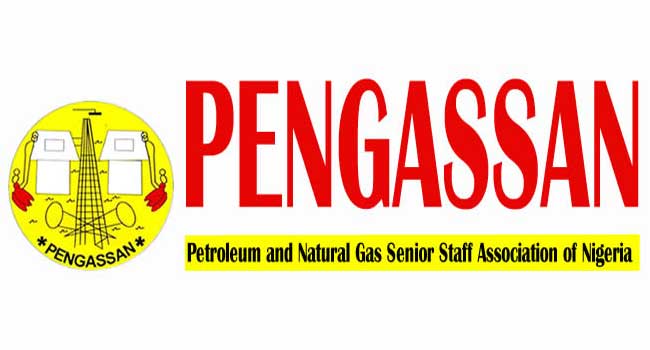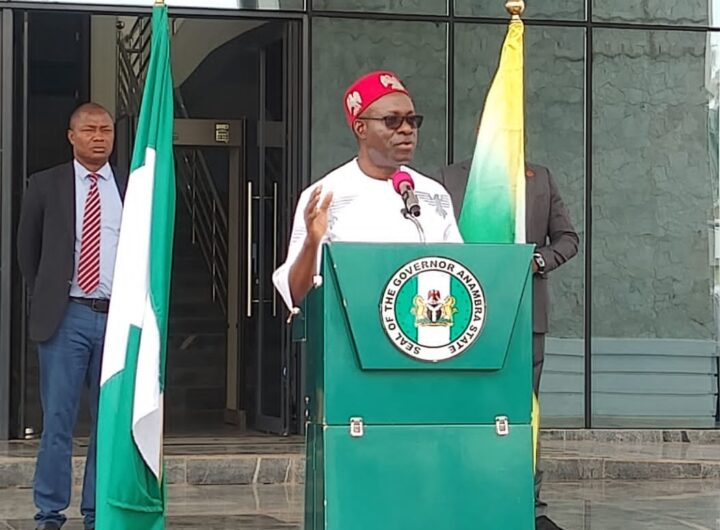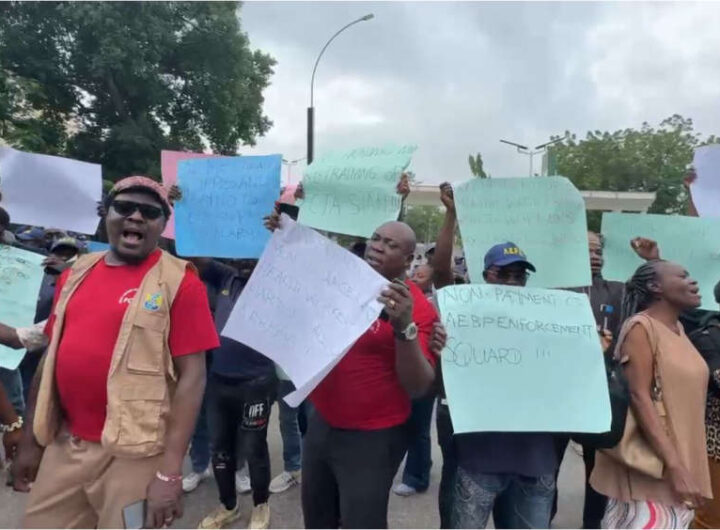
By: Chioma Madonna Ndukwu
NNPCL Blames Cooking Gas Shortage, Price Surge On PENGASSAN Strike
The Nigerian National Petroleum Company Limited (NNPCL) has attributed the recent scarcity of cooking gas and the accompanying rise in prices across the country to temporary disruptions caused by the Petroleum and Natural Gas Senior Staff Association of Nigeria (PENGASSAN) strike.
The Group Chief Executive Officer of NNPCL, Bayo Ojulari, disclosed this on Sunday while speaking with State House correspondents after a meeting with President Bola Tinubu in Abuja.
According to Ojulari, the industrial action, which halted loading and distribution activities for a few days, created an artificial shortage in the market and triggered panic buying.
“The increase you saw was relatively artificial because during the period of the strike, movement and loading were delayed by about two or three days,” Ojulari explained. “As things return to normal, it will take some time for distribution to stabilise.”
He added that some retailers exploited the shortfall to inflate prices, taking advantage of the temporary disruption in supply.
“You know how it happens here — once there’s a delay, people take advantage. But now that operations have resumed, prices should return to what they were before the strike,” he assured.
Cooking gas prices have climbed sharply in recent weeks, with many Nigerians paying between ₦2,500 and ₦3,000 per kilogramme, particularly in Lagos and other major cities.
Several gas plants and filling stations have run out of stock, forcing consumers to rely on roadside vendors selling at higher prices.
The scarcity followed PENGASSAN’s nationwide strike over the dismissal of Nigerian workers at the Dangote Refinery. The strike, which paralyzed key operations in the oil and gas sector, was suspended on October 1 after the Federal Government intervened.
Ojulari expressed optimism that prices would ease soon as supply chains recover and normal loading operations resume.
Nigeria’s cooking gas market has faced recurring volatility, often tied to supply bottlenecks, foreign exchange pressures, and labour unrest.
The recent PENGASSAN strike exposed the vulnerability of the domestic gas supply network, where even short-term disruptions quickly translate into widespread scarcity and inflated prices.
Energy experts have urged the government to expand domestic gas processing capacity, improve storage infrastructure, and strengthen labour relations within the petroleum industry to prevent similar crises in the future.



 Onitsha Market Closure: Soludo Explains Rationale, Vows to End Sit-at-Home
Onitsha Market Closure: Soludo Explains Rationale, Vows to End Sit-at-Home  BUSINESS | Kwacha Leads the Pack as Policy, Copper & China Rewire Zambia’s FX Story
BUSINESS | Kwacha Leads the Pack as Policy, Copper & China Rewire Zambia’s FX Story  Air Peace Makes History with AerCap Dry Lease of Boeing 737 NG, Boosting Nigeria’s Aviation Reputation
Air Peace Makes History with AerCap Dry Lease of Boeing 737 NG, Boosting Nigeria’s Aviation Reputation  BREAKING: DStv Slashes Decoder Prices by 40% from November 1 to Win Back Millions of Subscribers
BREAKING: DStv Slashes Decoder Prices by 40% from November 1 to Win Back Millions of Subscribers  Nigeria’s Power Push: Reforms Set to Drive ₦2 Trillion Disco Revenue by Year-End — Adelabu
Nigeria’s Power Push: Reforms Set to Drive ₦2 Trillion Disco Revenue by Year-End — Adelabu  FIFA Rules Out World Cup Ban as Senegal Face CAF Sanctions Over AFCON Final Walk-Off
FIFA Rules Out World Cup Ban as Senegal Face CAF Sanctions Over AFCON Final Walk-Off  Nollywood Actress, Angela Okorie Reportedly Detained Over Alleged Cyberbullying Linked to Mercy Johnson Case
Nollywood Actress, Angela Okorie Reportedly Detained Over Alleged Cyberbullying Linked to Mercy Johnson Case  FCT Strike Persists as Workers Ignore Court Order, Keep Pressure on Wike
FCT Strike Persists as Workers Ignore Court Order, Keep Pressure on Wike